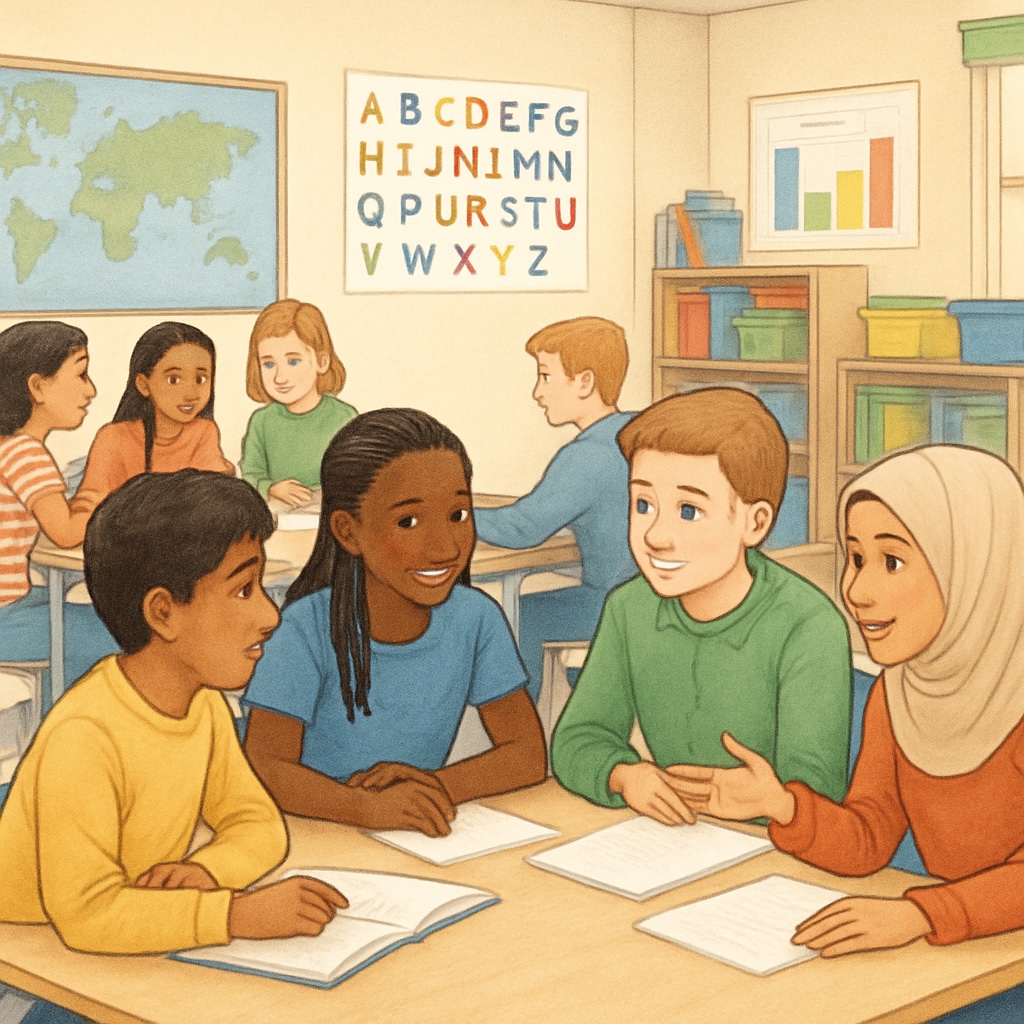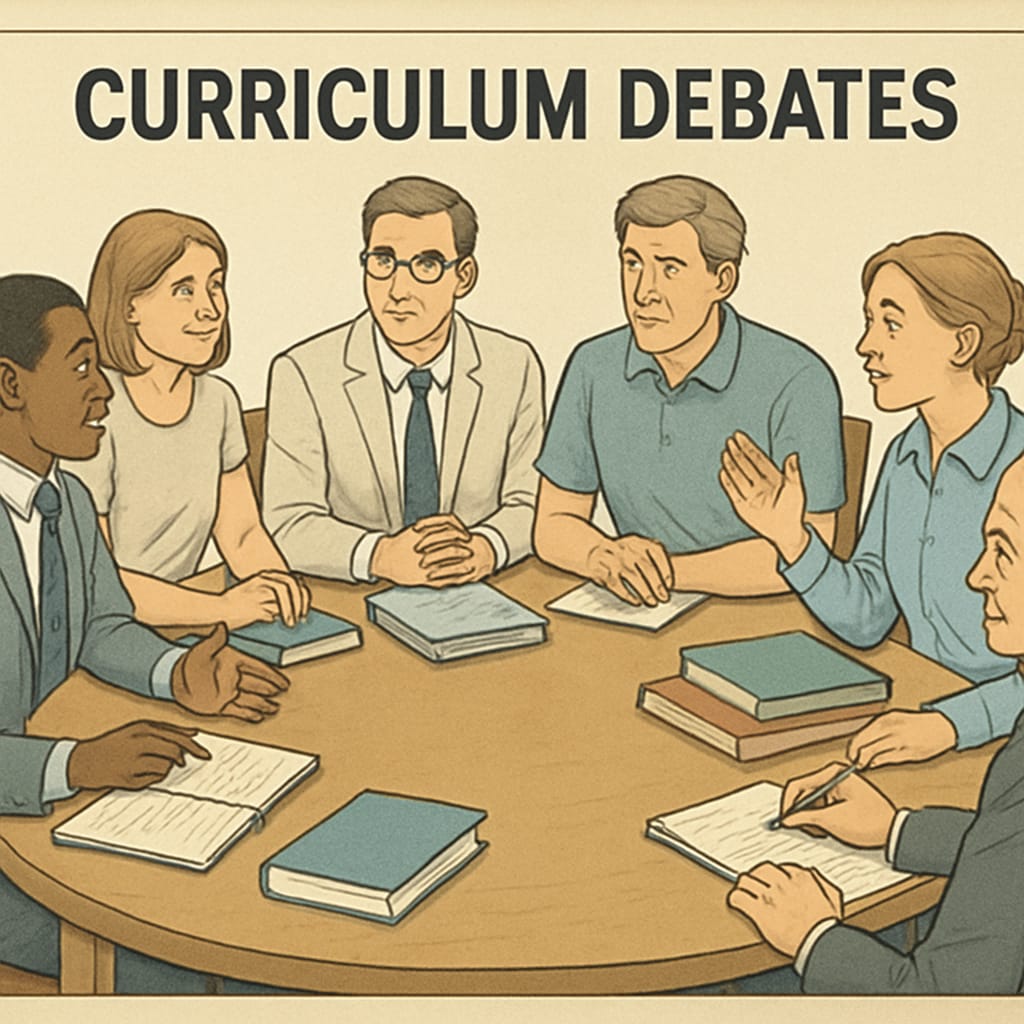The ongoing debate around academic freedom has taken center stage as organizations like the Heritage Foundation and its Project 2025 initiative calls for greater scrutiny over diversity education. This movement has sparked conversations about the role of ideology in shaping curricula, especially in K12 schools. As multi-faceted as this discussion is, it raises essential questions: how can educational institutions safeguard academic freedom while addressing public concerns, and what does this mean for the future of diversity-focused learning?
Understanding the Heritage Foundation and Project 2025’s Vision
The Heritage Foundation, a prominent conservative think tank, has long advocated for traditional values in American society. One of its key initiatives, Project 2025, seeks to influence public policy to align with conservative ideologies. In their latest efforts, they have turned their attention to diversity education in schools and universities, arguing that many programs have shifted from inclusion to indoctrination.
In their view, diversity education often promotes divisive narratives rather than fostering genuine understanding among students. Project 2025 outlines a vision to overhaul these programs, emphasizing merit-based systems and a curriculum that reflects what they consider “American values.” The initiative has gained traction among other conservative groups, which have expressed similar concerns about ideological bias in education.

The Implications for K12 Education
While the debate primarily targets higher education, its ripple effects are being felt in K12 schools. Diversity education at the K12 level often introduces students to concepts like cultural awareness, equity, and inclusion. Critics argue that these topics sometimes veer into controversial territory, exposing young minds to politically charged ideas instead of neutral knowledge.
For example, some parents and advocacy groups have expressed concerns about the role of Critical Race Theory (CRT) in shaping diversity education. While many schools deny CRT is part of their curriculum, the controversy reflects broader tensions about how history, race, and identity should be taught. These debates have led some states to pass legislation restricting how such topics can be discussed in classrooms, further complicating the issue.
Supporters of diversity education, however, argue that these programs are essential to preparing students for a globalized world. They contend that understanding diverse perspectives fosters critical thinking skills and empathy, both of which are invaluable in personal and professional environments.
Striking a Balance: Academic Freedom vs. Public Concern
The crux of the issue lies in finding the delicate balance between academic freedom and public accountability. Educational institutions have long been bastions of free thought and inquiry, allowing educators to explore complex topics without fear of censorship. However, as public-funded entities, schools also have a responsibility to reflect the values and expectations of the communities they serve.
To address this tension, some experts propose the following strategies:
- Transparent Curricula: Schools can provide detailed outlines of their diversity education programs to foster trust and understanding among stakeholders.
- Parental Involvement: Encouraging parents to participate in discussions about curriculum design ensures that diverse viewpoints are considered.
- Professional Training: Equipping educators with the tools to navigate sensitive topics can minimize potential conflicts and misunderstandings.
In addition, fostering open dialogue between opposing viewpoints is vital. By creating spaces where educators, parents, and policymakers can engage in meaningful conversations, the education system can evolve to meet the needs of all stakeholders.

Looking Ahead: The Future of Diversity Education
The debate over diversity education and academic freedom is unlikely to subside anytime soon. As the Heritage Foundation and other conservative groups continue to advocate for policy changes, supporters of diversity programs must find ways to articulate their value clearly and effectively.
Ultimately, the future of diversity education will depend on society’s ability to navigate these ideological divides. Whether through compromise, innovation, or continued advocacy, the path forward will require careful consideration of all perspectives involved.
As the conversation unfolds, one thing remains clear: the crossroads of academic freedom and public accountability is a challenging yet necessary space for discourse. How we navigate it will shape the educational experiences of generations to come.
Readability guidance: This article maintains a balance of short and medium-length sentences, breaks down complex ideas into digestible points, and uses transitional phrases to enhance flow. Passive voice is kept to a minimum, and lists are employed to highlight actionable strategies.


